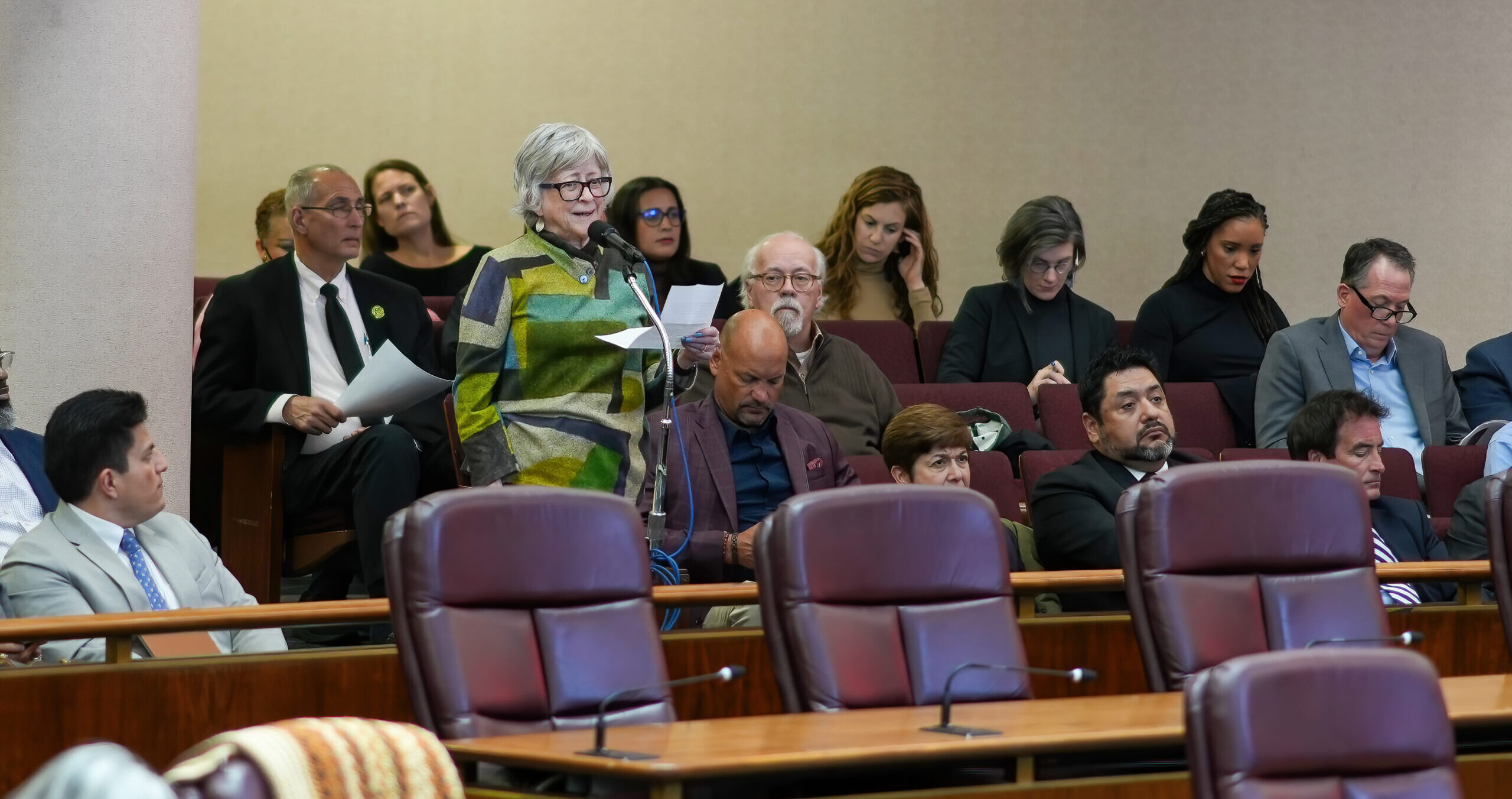
Home sweet electric home
April 8, 2024
By Cynthia Linton
This is one of two public comments by Climate Reality Chicago members offered at the start of the Chicago City Council hearing on the Clean and Affordable Buildings Ordinance (CABO) on April 3. Thirteen people advocated for the passage of CABO. One person spoke against during the public comments.
My name is Cynthia Linton. I’m a retired journalist, and I live in Streeterville in a high-rise that is essentially all-electric. The heat and air conditioning system and all appliances are electric. The only thing that runs on gas in the building is its water heater. This is not a new building. It is 50 years old. The builders avoided gas because they were concerned about carbon monoxide leaks, I am told.
I’m happy I’m in an electric building, especially since I read a recent study by Stanford University that says gas stoves pollute the indoor air with nitrous oxide and benzene, a known carcinogen. And a large body of research shows the link between gas stoves and asthma in children. An added benefit is I could sign up for community solar to lessen my carbon footprint even more.
We are in an existential crisis fed largely by fossil fuel emissions.
My main reason for being here, however, is that we are in an existential crisis fed largely by fossil fuel emissions. In Chicago, nearly 70 percent of these emissions come from buildings. We’ve known that since Mayor Daley’s Climate Plan in 2008. And it’s reiterated in the city’s 2022 Climate Plan, which sets a goal of reducing emissions 60% by 2040. We can never meet that goal without addressing buildings.
The Clean and Affordable Buildings Ordinance sets an emissions cap for new construction that natural gas cannot meet, but electricity can. Why does electricity produce fewer emissions?
Electricity here is sourced largely from nuclear power (which has no emissions), with a growing portion from renewables like wind and solar. Electricity is cleaner and cheaper than gas and will become even more so as renewables grow. That is why more electrification is a must.
About 50 other cities have passed similar ordinances. As one of the largest cities in the nation, we need to do our part. This small step with new construction is a necessary one, if we are ever to reach the city’s emissions goals.
You have a chance here to vote between the future and the past. And the future is electric.

Cynthia is Communications Chair of the chapter and a former Chapter Chair. She’s a retired journalist and journalism teacher, who has been a climate activist since 2007.

